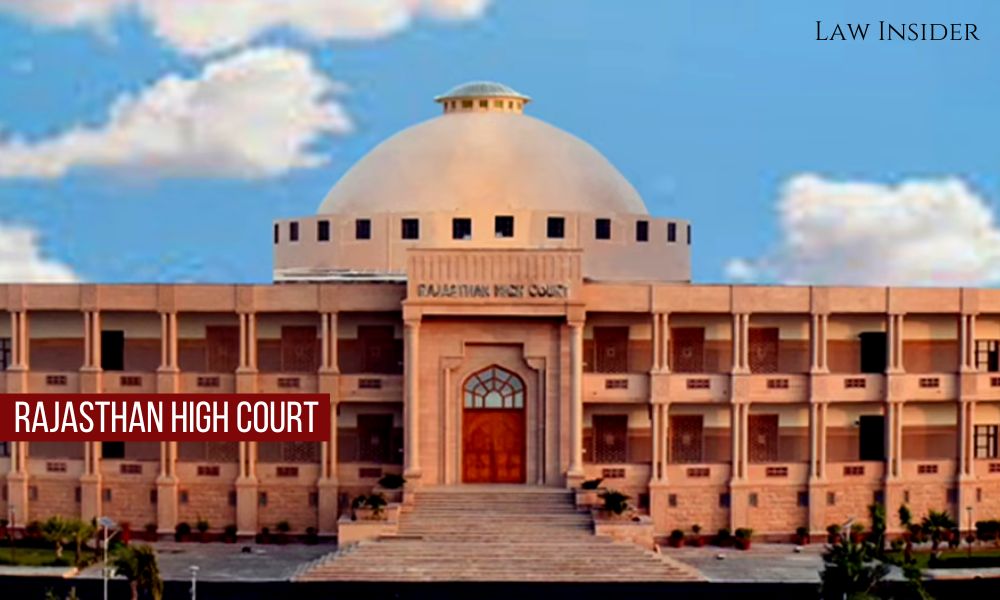Shashwati Chowdhury
Published on: June 16, 2022 at 16:20 IST
The Rajasthan High Court has stated that Courts should not rush to issue standing warrants and initiate proceedings under Sections 82 (proclamation for person absconding) and Section 83 (attachment of property of person absconding.) of the Code unless they are satisfied that the accused is intentionally evading or circumventing the orders in order to avoid prosecution.
The Special NIA Court issued a standing warrant against the petitioner, observing that the petitioner appears to be an absconder who has been dodging the bailable warrant and that there is no possibility of ensuring his presence in the near future. The trial court had also directed that proceedings be commenced against him under sections 82 and 83 of the Code. Aggrieved, the petitioner has filed the present petition under Section 482 CrPC.
While allowing the petition and setting aside the trial court’s order, Justice Dinesh Mehta stated, “The Courts should not rush to issue standing warrant and initiating proceedings under Sections 82 and 83 of the Code, unless they are satisfied that the accused is intentionally evading or circumventing the warrants in order to avoid the prosecution”.
The Court stated that the Trial Court seems to have been misled by the purported directions issued by the Supreme Court to decide Negotiable Instrument cases expeditiously.
The Court emphasised that while it is necessary to dispose of cases quickly, it is equally necessary to observe the mandate of the law, including procedural laws.
Furthermore, the Court said that simply recording a “it appears” that the accused has absconded is insufficient to proceed under Section 82 of the Code due to the expression “such warrant cannot be executed.” The court stated that the alleged absconding or concealment must be for the purpose to avoid the warrant.
The Court directed that the petitioner appear before the trial court on or before 10.06.2022 and furnish a personal bond of Rs.1 lakh and two sureties of Rs.1 lakh each, following which the Trial Court shall proceed in accordance with law.

